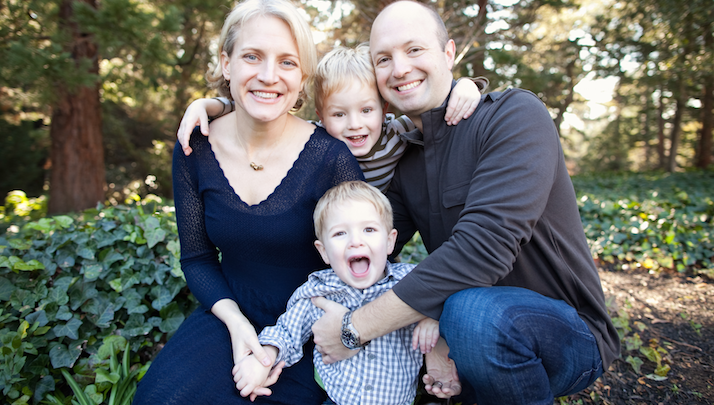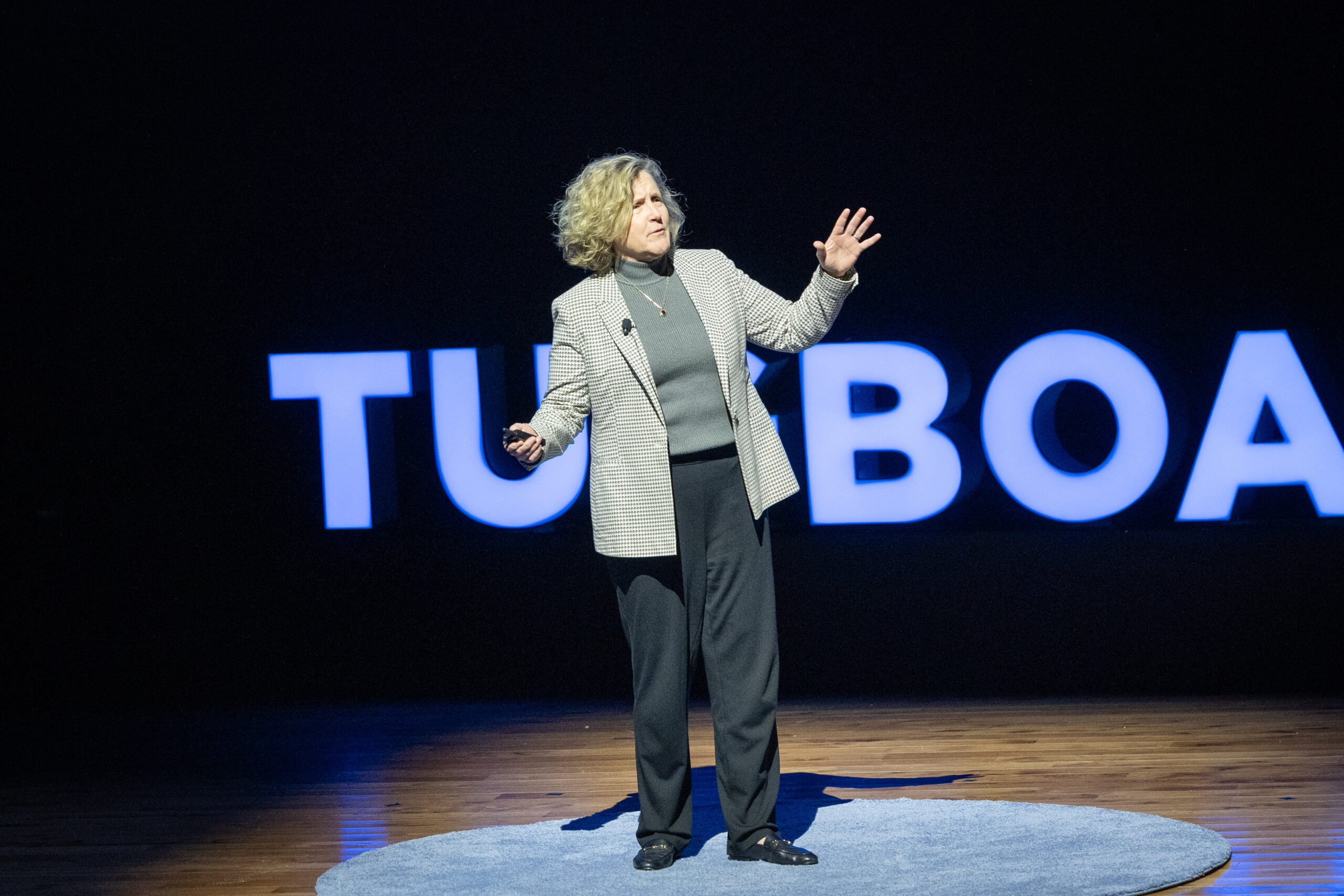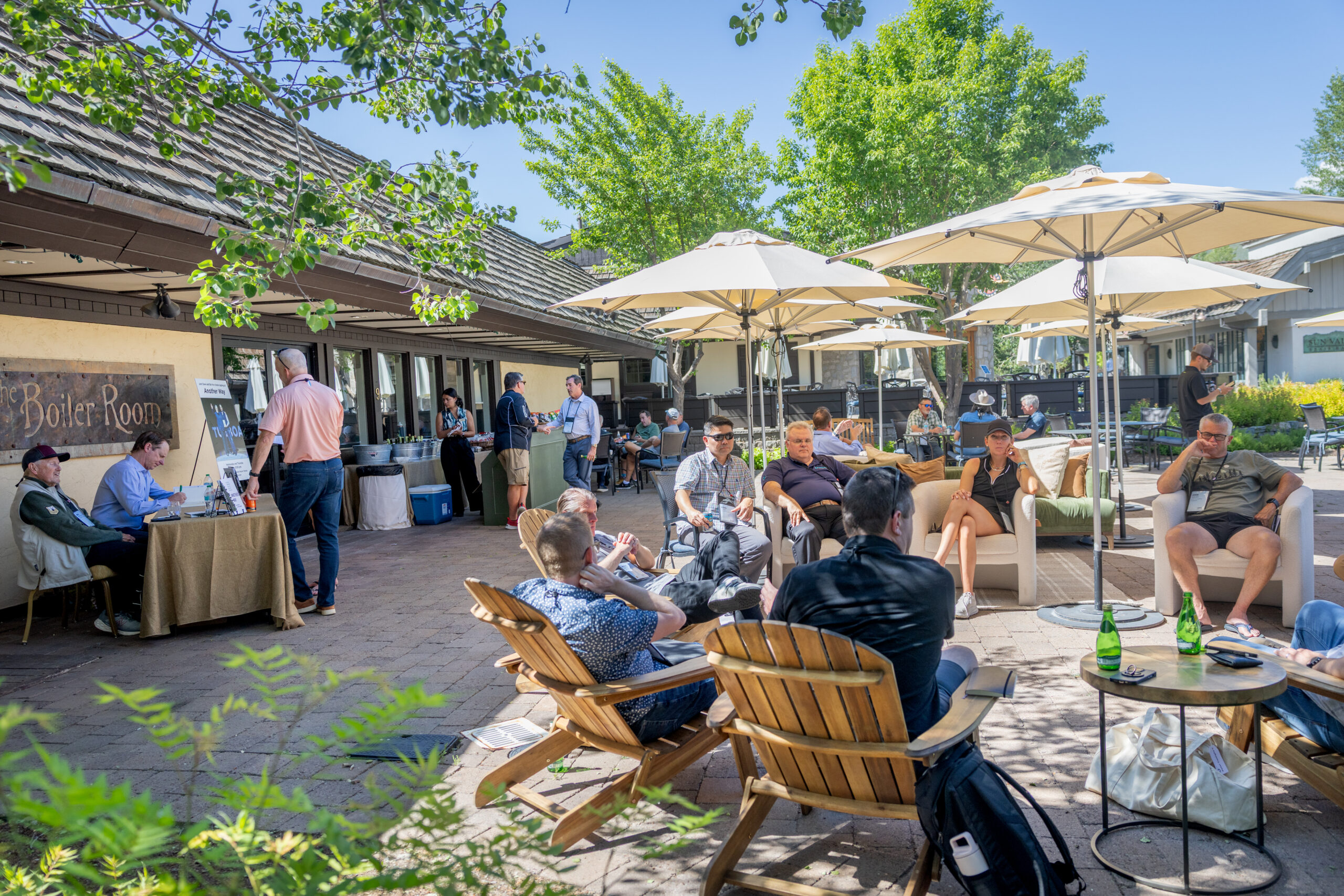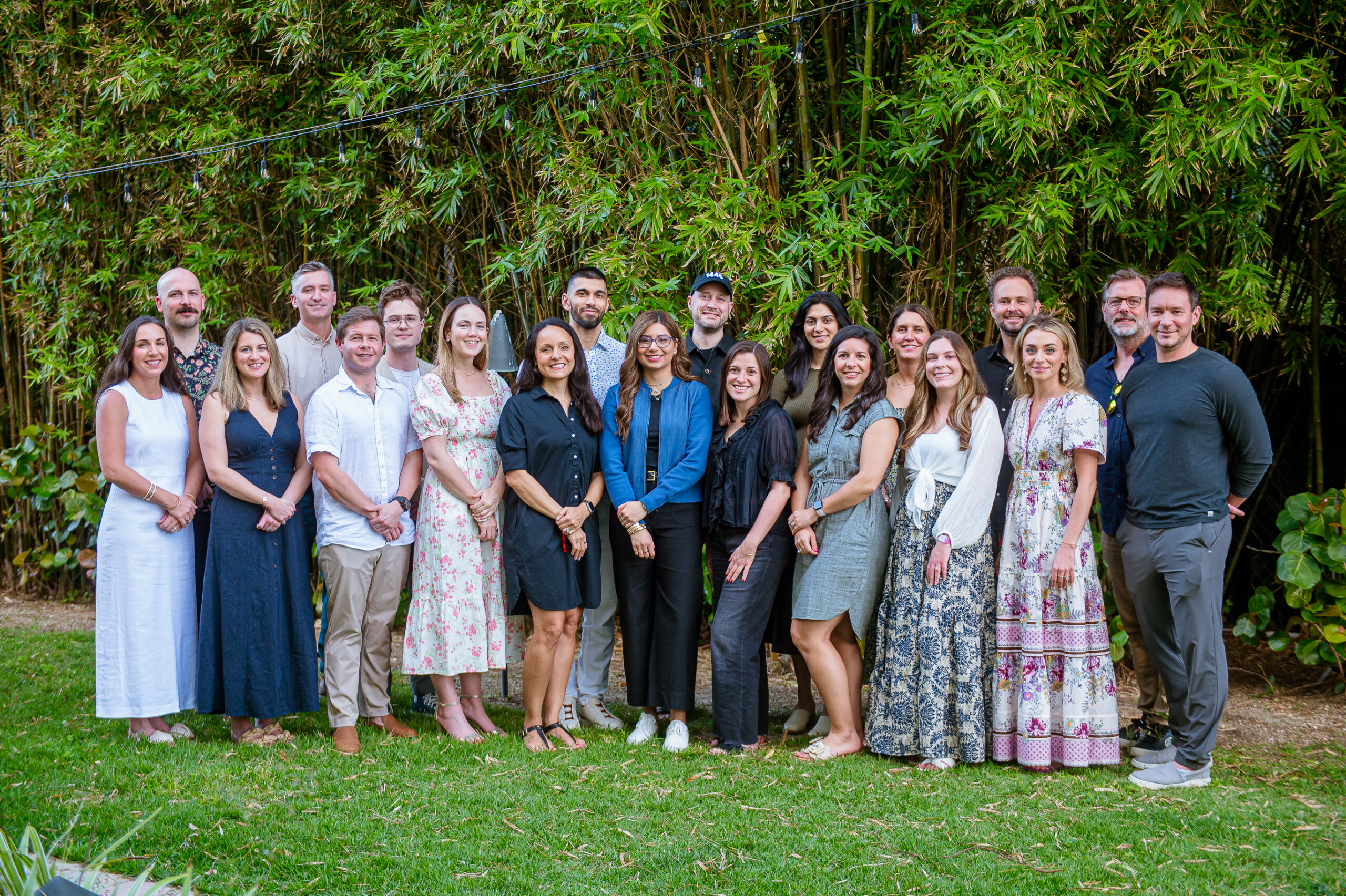

Know What You Want
- Leigh Rawdon
- The Tea Collection
But what do you want?
The summer my son turned 7, he told me he wanted an i-something for his birthday present. His friend Mark had an iPod, his friend Noah had an iPad and he saw that I had an iPhone. He wanted an i-something.
I didn’t know what to tell my son about his i-something request. I thought he was a little young for an i-something. So I asked one of my mom friends for advice. She shared a mantra that she heard from her mother whenever she wanted something that her friends had but that her mom didn’t think she was ready for: Every family is different. It’s not defensive. It’s not an excuse. It’s just that every family has its own circumstances, its own agenda and its own history.
So does every company.
When I got out of business school, I was wired to think that my mission as a CEO and a co-founder was to maximize shareholder value. We had a deeper mission at our kids clothing company, Tea— to inspire global connection and curiosity for families. But we still obsessed over creating shareholder value.
We had an investment banker come in to tell us what our company was worth and how we could make the most money for our investors. We told him about our company—the way our design team members travel around the world, immersing themselves in culture, and then bring a little bit of the world back with them—and about our steady growth and profitability. He took all the information, made a spreadsheet and looked at comparables. When we went over his findings, he started by asking us just one question: Why do you have single-digit EBITDA?
He thought that either we should be seeing double-digit profits or we should be spending every penny on shoot-for-the-moon growth. It was totally puzzling to him why we would operate this way. I had the same answer I had for my son: Every family is different.
At Tea, it goes back to where Emily Meyer, my co-founder, and I come from. Emily’s mom grew up in Texas in a big family that didn’t have a lot of money. But in 1963, as a 21-year-old student, she traveled to Canada and Europe to study. She was away from home for a year and a half. When she returned to Texas, it was by cargo ship because she couldn’t afford normal passenger fare. From hearing about her mom’s adventures—and her mom’s determination to make something she valued greatly actually happen within her means—Emily learned the power of exploring. She learned how to make the foreign a little more familiar. (Emily’s mom recently hiked the Camino de Santiago on her 70th birthday.)
My dad was an IBM man from the moment he interviewed (at his fraternity house at Ole Miss) until the day he retired, 26 years later. When we started Tea, he couldn’t give me much advice in the ways of Silicon Valley, but he told me what he’d learned in all his years at IBM. He said if we could make a great product that customers love, and we could make a profit, everything else would work out.
We make great products that our customers love, products that bring the world into our customers’ lives and homes. And we also make a profit. We use some of it to grow our business, but we want to have enough so that we can always make our own decisions.
That’s what we want.
I taught the business plan class at Stanford Graduate School of Business for a few years, and almost every student came in thinking there was just one path: You come up with an idea, you schedule a meeting with venture capital and you draw out your business plan on a napkin. The next thing you know, you’re going public, and it’s a grand success.
I used to tell my students that before they march down Sandhill Road, they really need to know what they want. Of course they want to start a business, but they have to figure out what that means for them, for their family and for their company. I’m always repeating that to them: Know what you want. Know what you want. And I’m telling myself that, too. We have to know we don’t just want an i-something. We want to build something great.
For me, that’s an Evergreen company that will someday mean more to my sons and my sons’ children than that i-something ever did.
Leigh Rawdon co-founded Tea Collection in 2002. The San Francisco-based children’s clothing company is inspired by global cultures and modern design and dedicated to ethical sourcing and giving back. Rawdon received her BA in English from Davidson College and her MBA from Harvard. Travel is important to Rawdon, Tea’s CEO. Everyone who works at the company receives an annual international travel allowance.
More Articles and Videos

Both/And Thinking: Harnessing the Positive Potential of Tensions
- Marianne Lewis
- Carl L. Linder College of Business, University of Cincinnati

Leading Through Uncertainty – Tugboat Institute® Summit 2025
- Jackie Hawkins
- Tugboat Institute

Get Evergreen insight and wisdom delivered to your inbox every week
By signing up, you understand and agree that we will store, process and manage your personal information according to our Privacy Policy




